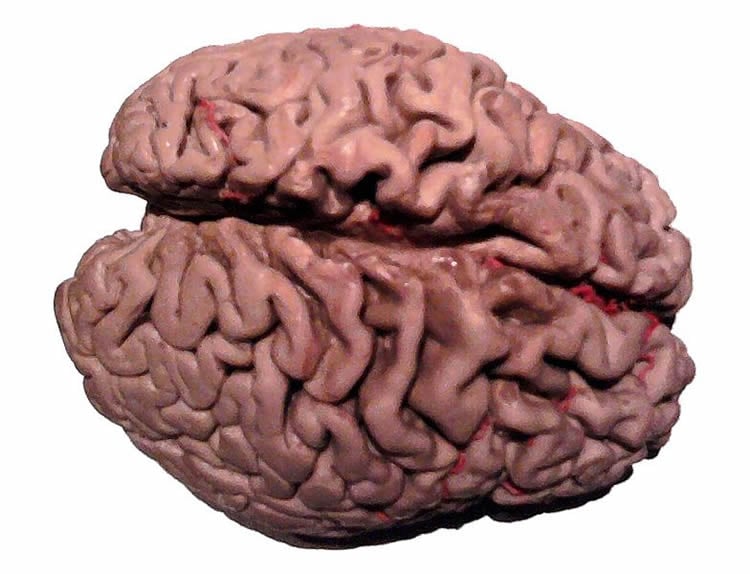Extremely low levels of the compound in marijuana known as delta-9-tetrahydrocannabinol, or THC, may slow or halt the progression of Alzheimer’s disease, a recent study from neuroscientists at the University of South Florida shows.
Findings from the experiments, using a cellular model of Alzheimer’s disease, were reported online in the Journal of Alzheimer’s Disease.
Researchers from the USF Health Byrd Alzheimer’s Institute showed that extremely low doses of THC reduce the production of amyloid beta, found in a soluble form in most aging brains, and prevent abnormal accumulation of this protein — a process considered one of the pathological hallmarks evident early in the memory-robbing disease. These low concentrations of THC also selectively enhanced mitochondrial function, which is needed to help supply energy, transmit signals, and maintain a healthy brain.
“THC is known to be a potent antioxidant with neuroprotective properties, but this is the first report that the compound directly affects Alzheimer’s pathology by decreasing amyloid beta levels, inhibiting its aggregation, and enhancing mitochondrial function,” said study lead author Chuanhai Cao, PhD and a neuroscientist at the Byrd Alzheimer’s Institute and the USF College of Pharmacy.
“Decreased levels of amyloid beta means less aggregation, which may protect against the progression of Alzheimer’s disease. Since THC is a natural and relatively safe amyloid inhibitor, THC or its analogs may help us develop an effective treatment in the future.”

The researchers point out that at the low doses studied, the therapeutic benefits of THC appear to prevail over the associated risks of THC toxicity and memory impairment.
Neel Nabar, a study co-author and MD/PhD candidate, recognized the rapidly changing political climate surrounding the debate over medical marijuana.
“While we are still far from a consensus, this study indicates that THC and THC-related compounds may be of therapeutic value in Alzheimer’s disease,” Nabar said. “Are we advocating that people use illicit drugs to prevent the disease? No. It’s important to keep in mind that just because a drug may be effective doesn’t mean it can be safely used by anyone. However, these findings may lead to the development of related compounds that are safe, legal, and useful in the treatment of Alzheimer’s disease.”
The body’s own system of cannabinoid receptors interacts with naturally-occurring cannabinoid molecules, and these molecules function similarly to the THC isolated from the cannabis (marijuana) plant.
Dr. Cao’s laboratory at the Byrd Alzheimer’s Institute is currently investigating the effects of a drug cocktail that includes THC, caffeine as well as other natural compounds in a cellular model of Alzheimer’s disease, and will advance to a genetically-engineered mouse model of Alzheimer’s shortly.
“The dose and target population are critically important for any drug, so careful monitoring and control of drug levels in the blood and system are very important for therapeutic use, especially for a compound such as THC,” Dr. Cao said.
Contact: Anne DeLotto Baier – USF
Source: USF press release
Image Source: The image is credited to SunOfErat and is in the public domain
Original Research: Abstract for “The Potential Therapeutic Effects of THC on Alzheimer’s Disease” by Chuanhai Cao, Yaqiong Li, Hui Liu, Ge Bai, Jonathan Mayl, Xiaoyang Lin, Kyle Sutherland, Neel Nabar, and Jianfeng Cai in Journal of Alzheimer’s Disease. Published online July 7 2014 doi:10.3233/JAD-140093






